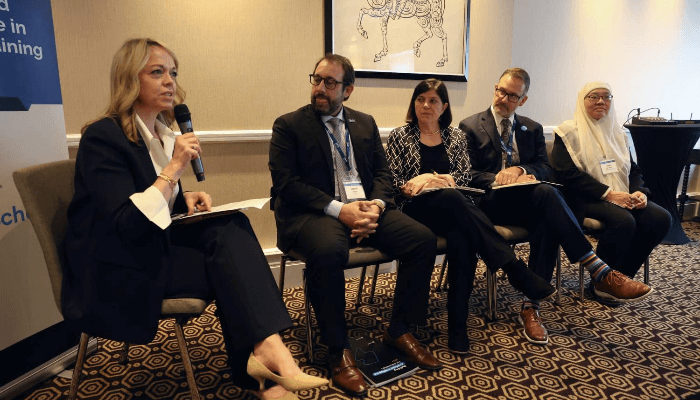Unlocking Nigeria’s Future: How Human Skills and Knowledge Are Transforming Education for a Brighter Tomorrow

A recent investigation by Cambridge underscores the critical necessity for Nigeria to embed human-centered abilities, ethical principles, and cultural awareness within its educational system. This strategy is vital to prepare upcoming generations for a future increasingly influenced by artificial intelligence.
While mastering digital skills remains a fundamental pillar of contemporary education, the study cautions against an exclusive emphasis on technical expertise. Given the rapid pace of technological change, relying solely on digital know-how is inadequate for sustainable success.
Genuine advancement in education arises from integrating human imagination and critical thinking alongside technological progress. Nigerian educational policies should aim to cultivate well-rounded individuals by promoting intellectual development in tandem with ethical conduct and cultural appreciation-key drivers of economic growth, global partnerships, and social unity.
The report emphasizes, “As AI increasingly automates human roles, it necessitates a profound reevaluation of educational objectives.” It advocates for transcending traditional academic metrics to foster analytical reasoning, innovation, compassion, and collaborative skills-attributes that artificial intelligence cannot replicate.
Preserving a strong link to Nigeria’s distinct cultural identity is crucial. The study advocates for educational reforms that honor the country’s heritage, values, and ambitions, enriching learners’ experiences and fostering a profound sense of belonging and motivation.
Implementing a unified national education framework will empower students to approach complex challenges with insight, nurture empathy, and inspire creative problem-solving, all while harmonizing cultural pride with a global outlook.
Jane Mann, Managing Director of the Partnership for Education at Cambridge, highlights the rapid transformations AI is driving in education and employment. She stresses that while enhancing digital literacy is vital, it is merely the initial step.
“To genuinely empower Nigerian youth, education must cultivate deeply human traits and foster meaningful social bonds,” Mann asserts. “Reforms should be context-specific and prioritize educators. Given the unpredictability of future job markets, nurturing adaptable and resilient learners is essential.”
The report also draws attention to language challenges posed by AI. With only about 10% of Nigerians speaking English as their native tongue, yet English constituting nearly 90% of AI language model training data, there is a significant risk of excluding non-English speakers unless educational strategies address this disparity.
Crucially, the study warns against substituting teachers with technology. It cautions that excessive reliance on digital platforms without human oversight could widen inequalities-where some students benefit from expert instructors supported by technology, while others receive impersonal, automated lessons.
Instead, the recommendation is to equip educators with digital resources that reduce administrative burdens such as grading and lesson preparation, promote ongoing professional development through collaborative networks, and enable tailored instruction by identifying individual student needs and recommending targeted support.
By placing teachers at the heart of educational transformation, Nigeria can create a more human-centered learning environment that values empathy, critical inquiry, and teamwork. Educators remain indispensable in adapting curricula to local contexts, exemplifying ethical standards, and fostering skills beyond the reach of technology alone.
Although competencies like AI literacy, big data analytics, cybersecurity, and technical know-how are increasingly in demand globally, the report emphasizes these should be integrated within lifelong learning frameworks rather than taught as isolated disciplines. The objective is to cultivate digital fluency that empowers learners to engage thoughtfully with emerging technologies.
Ultimately, Nigeria’s education system must strike a balance between knowledge acquisition and skill development, enabling students to make informed choices and build a society where AI complements human judgment instead of supplanting it. Policymakers are urged to resist overdependence on technology for content delivery, recognizing that human insight remains essential for meaningful educational success.








Leave a Reply